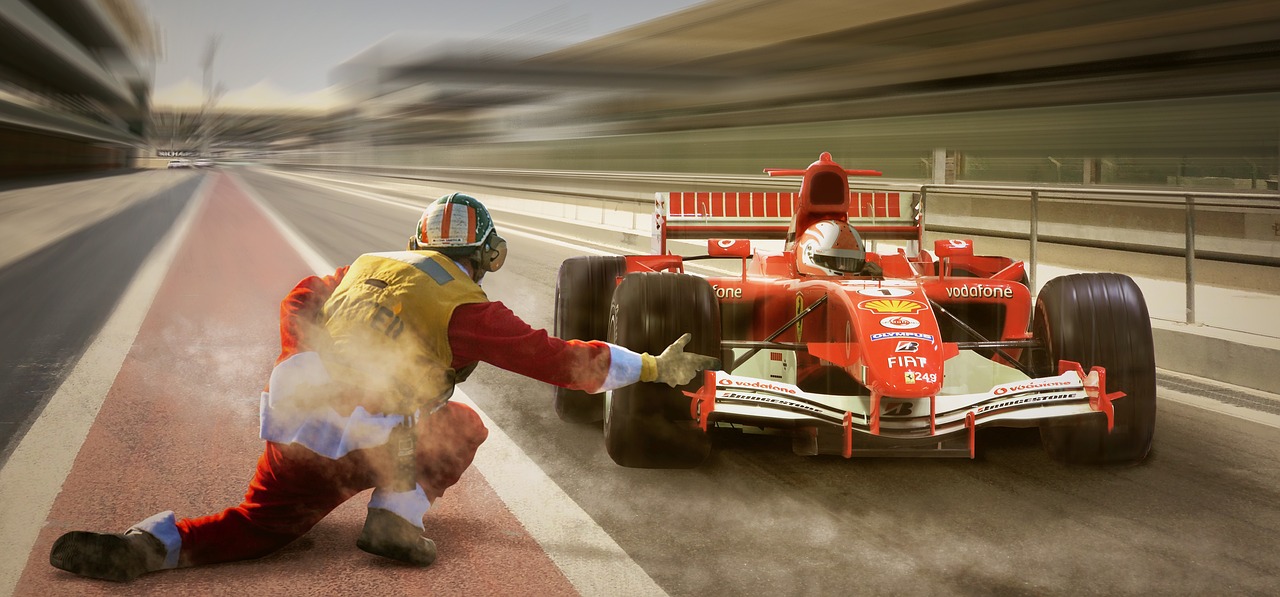Formula 1 has long been a very popular sport in certain circles and in particular parts of the world. In recent years though, its popularity has grown significantly. According to an article on The Drive, F1 may be on its way to one billion worldwide fans by 2022, which would position it undeniably among the world’s most influential sports.
This growth is being attributed partially to F1’s embrace of streaming platforms. Content related to the sport has become popular on Netflix, and major figures in F1 have garnered gigantic followings on Twitch. Now, however, the question is how (or if) Formula 1 can keep up the trend. So what, beyond streaming, can the sport do in order to expand its audience even more?
Ongoing Millennial Outreach
It’s no secret that much of the boost we’ve seen in Formula 1 comes down to attention from millennials (and likely even Gen Z at this point). These generations comprise much of the audience being newly exposed to Formula 1 through the aforementioned streaming efforts, as well as through some video games we’ll touch on below. But already there are other moves being made to appeal to younger audiences as well.
In an extensive write-up on F1 endorsements for instance, Forbes noted that there have been efforts made to transition from big brewing companies (like Heineken) toward tech sponsors. This is a direct result of younger generations’ preference for clean living (or at least independent breweries) and aptitude for tech. It’s a subtle, long-term strategy, but one that may well help younger fans to be more comfortable with Formula 1 — even on an almost subconscious level.
Gaming
Gaming is a particularly interesting area to consider, because it’s one in which F1 has already found success — primarily through console sports games. Last year, IGN referred to the game F1 2020 as the “most superb interpretation” of the sport, and the “most feature-filled” F1 game yet. It was widely appreciated as an excellent game, to the point that it is not at all a stretch to imagine that it’s making new fans of a lot of players. It is not uncommon for people to learn sports (and teams and competitors) through video games, and ultimately become fans.
Given this success, one would almost expect influential marketing and licensing figures within F1 to pursue games in other arenas as well. Mobile apps are certainly ripe for further F1 action (there are games already), but it may be in the online casino space that the most potential remains. This space is enjoyed by countless players on a daily basis, and showcases slots and bingo games with such a wide variety of themes an F1 title would fit right in.
Already in fact there is a relevant slot game called Formula X, though it’s a little bit outdated. A modernized Formula 1 game would put the sport in front of millions of online casino players, and further boost the sport’s outreach. Ideally this would occur in either the slot category or perhaps in the emerging Slingo space. The latter, blending slots and bingo, is still developing somewhat, though it’s on its way. The Slingo selection on Gala Spins already shows games relating to Ancient Rome, the game of Monopoly, live game shows, and lobsters. If Slingo is anything like the slot category, which already has motor sport games on like Tokyo Go, this scattering of themes is only the beginning, and an F1 title could still slip in to be one of the defining early modern Slingo games.
US Outreach
Formula 1 can be a massive, beloved international sport without getting a whole lot of help from the U.S. market. However, said market is enormous, appreciative of sport, and even accustomed to racing sports thanks to the long-standing popularity of NASCAR. It is thus in the best interest of F1 to conduct ongoing, intensive outreach to the U.S. market in an attempt to win over what could ultimately be tens of millions of new fans.
As to how much U.S. outreach is being done already, it’s somewhat debatable. F1 is preparing a new race in Miami, which should significantly improve the sport’s visibility to Americans. One could also argue that some of the aforementioned gaming and streaming changes double as outreach to American sports fans. Nevertheless, there’s always room for more effort, and more of a strategic, long-term plan for engaging U.S. fans would likely pay dividends.
Other factors can certainly come into play as well. Further development of F1-related tech for fans (perhaps through virtual reality) could absolutely fortify a fan base. An exciting, competitive new driver could always emerge and capture the adoration of sports fans around the world. Even a single excellent race can always bring about a little bit more attention.
Through millennial outreach, fresh gaming efforts, and U.S. exposure though, Formula 1 has a chance to compound what is already very impressive growth.

